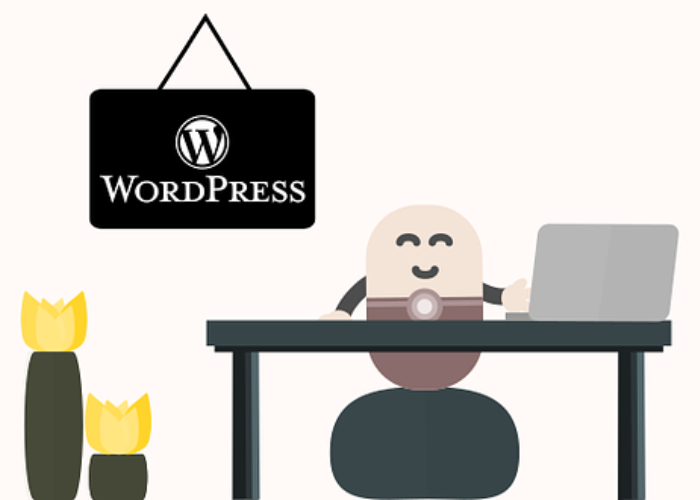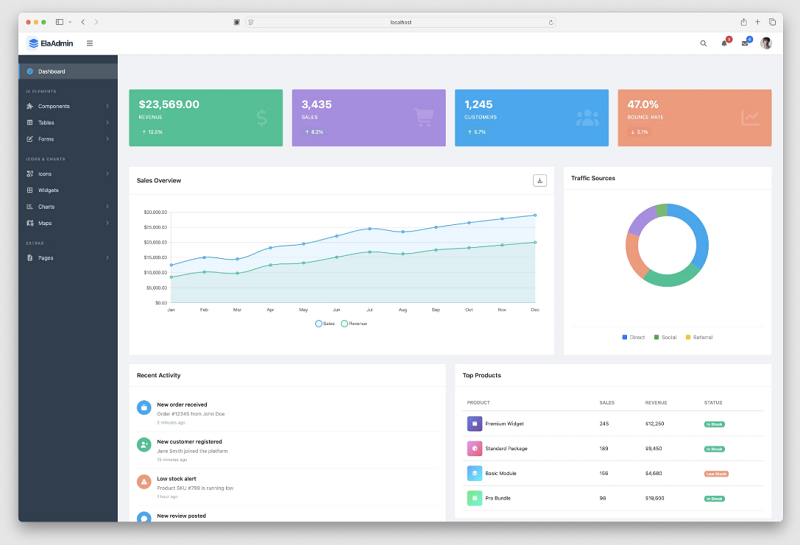WordPress has long been hailed as the go-to platform for bloggers, offering a comprehensive suite of features and a vast ecosystem of plugins and themes. However, despite its popularity, there are compelling reasons why some users may choose to explore alternatives. In this article, we’ll delve into the limitations of WordPress and examine Hyvor Blogs as an alternative option.
Why Not WordPress?
1. Complexity and Learning Curve:
While WordPress is renowned for its flexibility and extensibility, its complexity can be overwhelming for beginners. Setting up a WordPress site involves navigating through various options, plugins, and settings, which can be daunting for users with limited technical knowledge. The learning curve associated with WordPress may deter some users from fully leveraging its capabilities.
2. Security Concerns:
WordPress’s popularity also makes it a target for hackers and malicious actors. Vulnerabilities in plugins, themes, or the core WordPress software can potentially expose sites to security breaches and malware attacks. While WordPress offers security features and updates, ensuring airtight security often requires additional measures such as implementing firewalls, monitoring, and regular maintenance, which can be time-consuming and challenging for novice users.
3. Performance Issues:
As WordPress sites grow in complexity with the addition of plugins, customizations, and multimedia content, performance issues can arise. Slow loading times, database bloat, and resource-intensive plugins can impact user experience and SEO rankings. Optimizing WordPress sites for performance requires careful management of resources and caching mechanisms, which may pose challenges for users without technical expertise.
4. Dependency on Plugins:
While the extensive plugin ecosystem is one of WordPress’s strengths, it can also be a double-edged sword. Relying heavily on plugins for essential functionality such as SEO, security, and e-commerce can introduce dependencies and compatibility issues. Additionally, poorly coded or outdated plugins can compromise site stability and security, requiring vigilant monitoring and maintenance.
5. Cost of Ownership:
While WordPress itself is free and open-source, the total cost of ownership can add up significantly, especially for users who opt for premium themes, plugins, hosting, and ongoing maintenance services. Budget constraints may limit users’ ability to invest in premium features or services, potentially restricting their ability to fully harness WordPress’s capabilities.
Exploring Hyvor Blogs:
In light of the limitations of WordPress, users may consider exploring WordPress alternatives – blogging platforms that offer simplicity, security, and performance without sacrificing functionality. One such platform gaining traction is Hyvor Blogs.
Why Hyvor Blogs?
1. Simplicity and Focus:
Hyvor Blogs is a user-friendly and streamlined blogging platform designed to simplify the content creation and publishing process. Its intuitive interface and easy-to-use editor make it accessible to users of all technical levels, allowing them to focus on writing engaging content without being bogged down by complex technicalities.
2. Built-in Security
Hyvor Blogs prioritizes security by implementing robust security measures and best practices to protect users’ data and content. With features such as HTTPS support, encrypted data storage, and regular security updates, Hyvor Blogs offers a secure blogging environment that users can trust.
3. Performance-Oriented:
Hyvor Blogs is engineered for performance, with a lightweight codebase, optimized caching mechanisms, and fast loading times. By minimizing resource consumption and prioritizing efficiency, Hyvor Blogs ensures a smooth and responsive user experience for both bloggers and readers.
4. Modern Publishing Features:
Hyvor Blogs offers a range of modern publishing features to empower bloggers to create dynamic and engaging content. From customizable themes and layouts to multimedia support and social media integration, Hyvor Blogs provides the tools and flexibility users need to create compelling blog posts that captivate their audience.
5. Community and Support:
While Hyvor Blogs’ community may not be as extensive as WordPress’s, it offers dedicated support resources, including documentation, tutorials, and responsive customer support. Additionally, the Hyvor Blogs team actively engages with users, soliciting feedback and implementing user-requested features to improve the platform continuously.
In conclusion, while WordPress remains a popular choice for bloggers, its complexity, security concerns, performance issues, dependency on plugins, and cost of ownership may prompt users to explore alternative platforms like Hyvor Blogs. By prioritizing simplicity, security, performance, and modern publishing features, Hyvor Blogs offers a compelling alternative for users seeking a streamlined and user-friendly blogging experience. Ultimately, the choice of a blogging platform depends on individual preferences, technical proficiency, and specific requirements for content creation and publishing.





